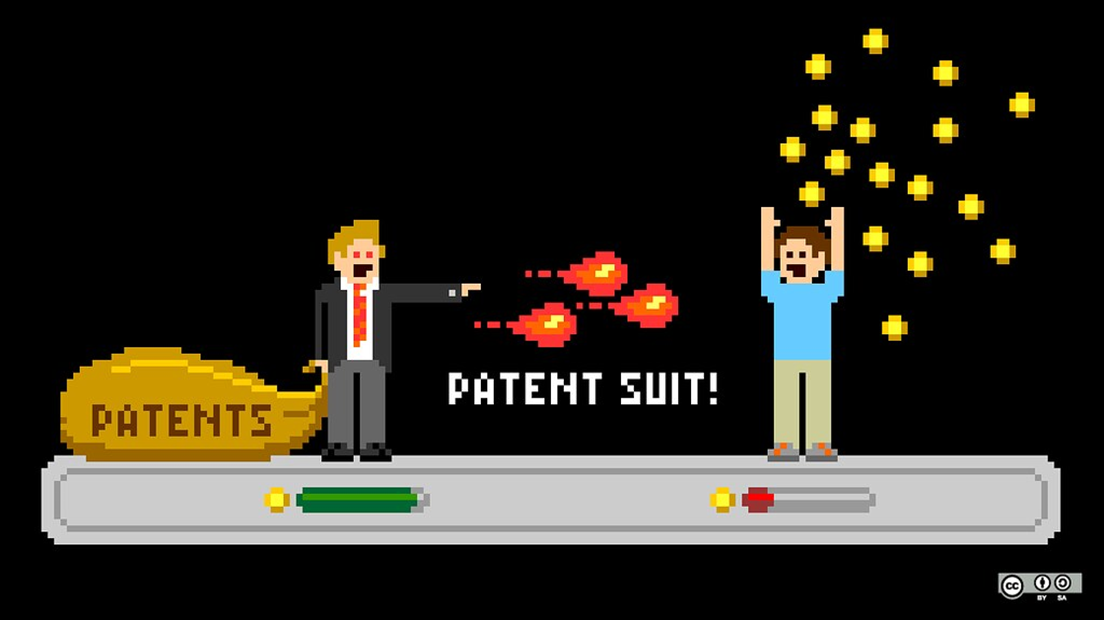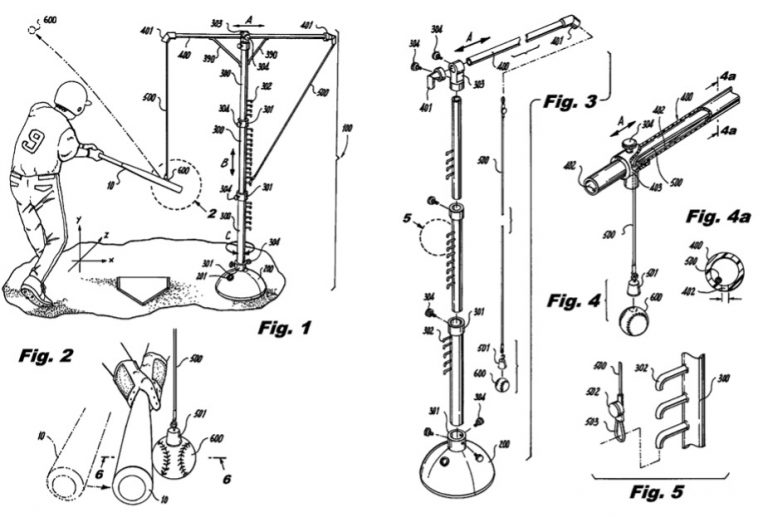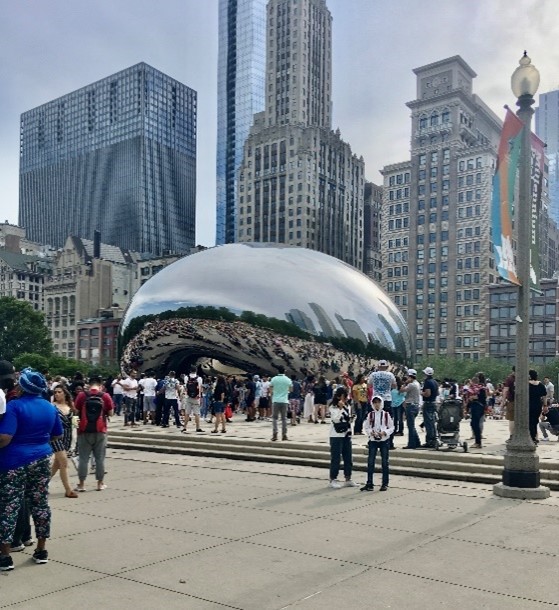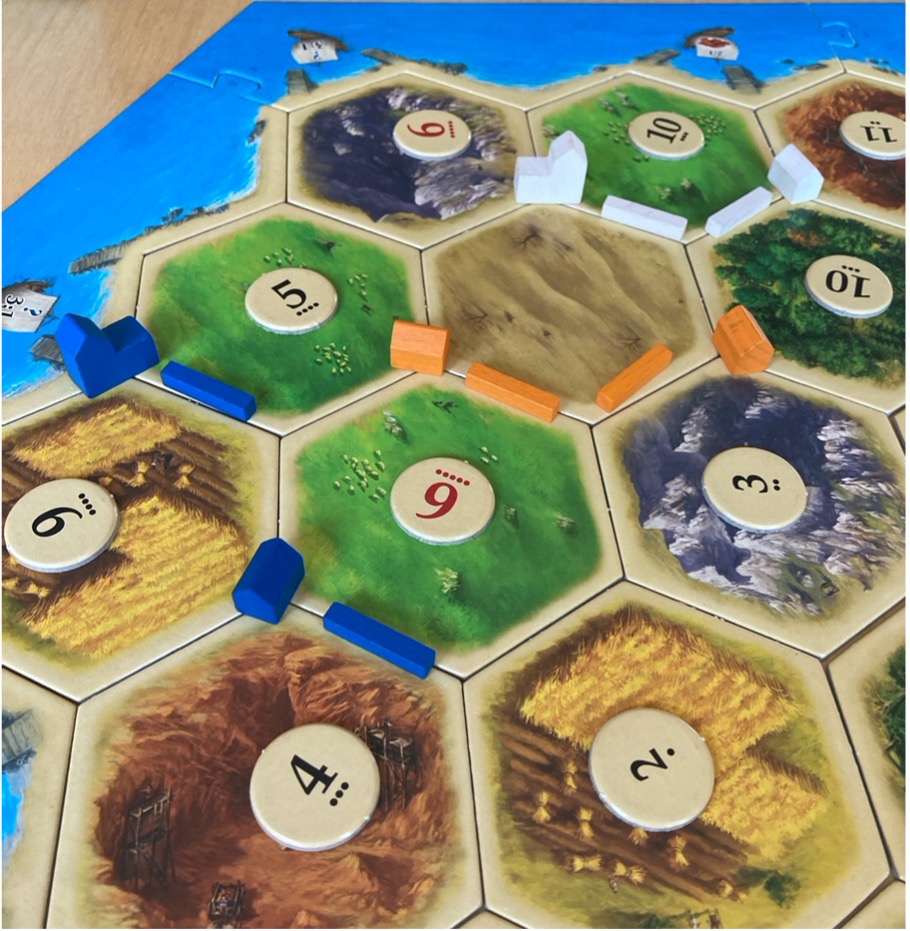
An IP Student’s Guide to Patent Law: What I Wish I Knew Before My First Interview
I came to Loyola with an interest in intellectual property, specifically patents. Patents are granted by a country to protect inventions by granting the inventor certain rights. When it came time to start my job search for my 1L summer, I knew I wanted to try and get experience in the field of IP. In every IP interview I’ve had thus far, the interviewer has always asked what kind of patent law I want to practice. Do I want to “prosecute” patents, meaning writing and obtaining a patent for an inventor? Or, do I want to litigate issues for granted patents? These are the two most common areas of patent law. In my early interviews, I would answer patent litigation. I have previous experience as a litigation consultant prior to law school, and have always romanticized being a trial attorney. However, as I gained interview experience and spoke with more attorneys, I realized there were many different areas of patent law of which I had no idea existed. I realized I had an interest in a lot of them. After learning more about these fields, I was able to better tailor my job search to firms that offered those types of patent law.
Continue reading “An IP Student’s Guide to Patent Law: What I Wish I Knew Before My First Interview”










